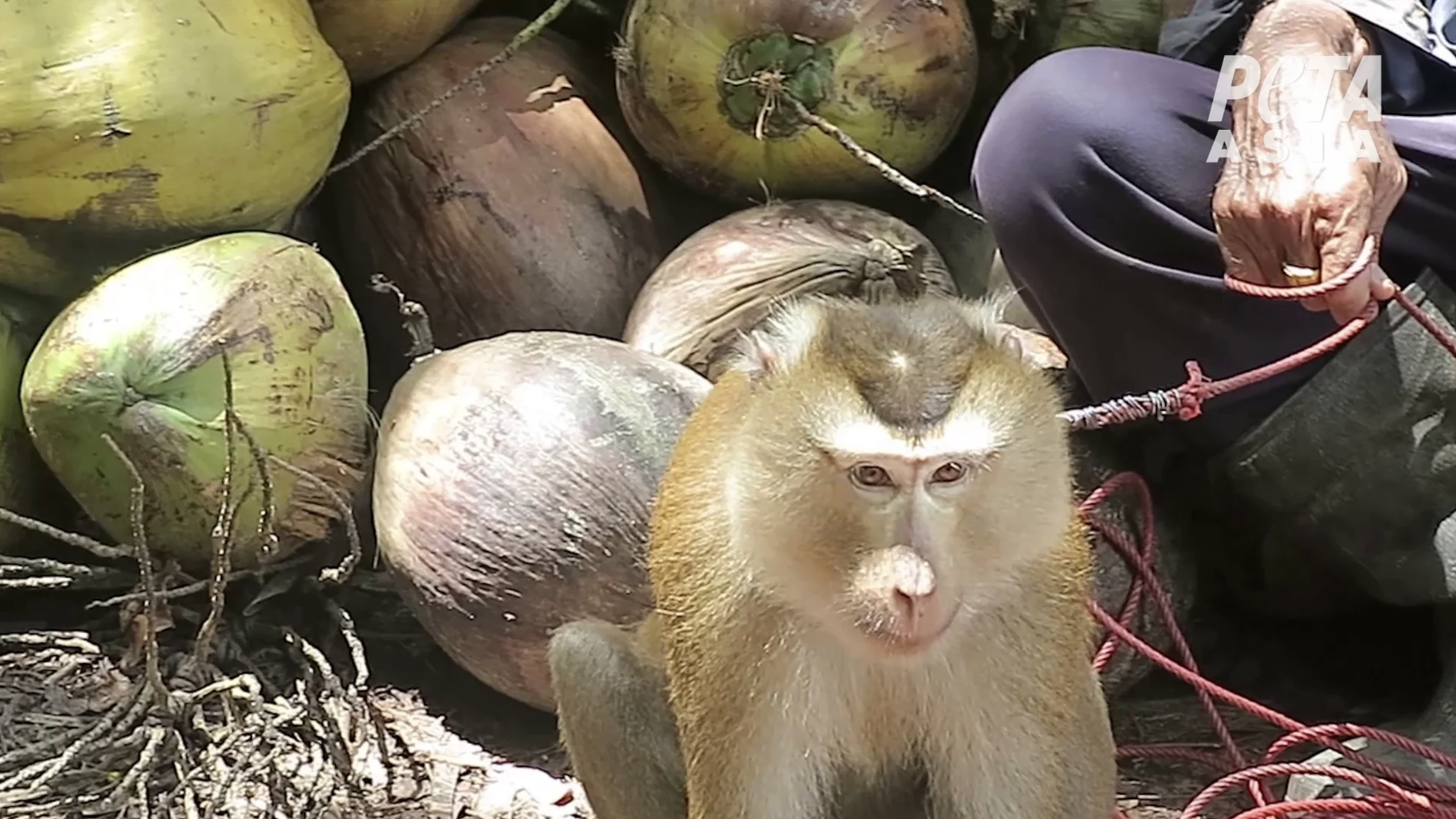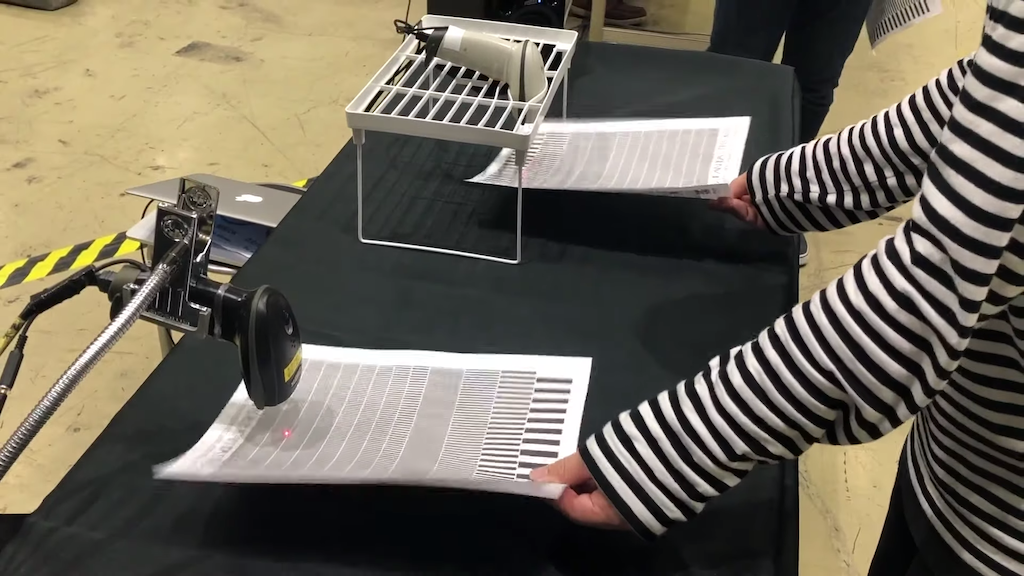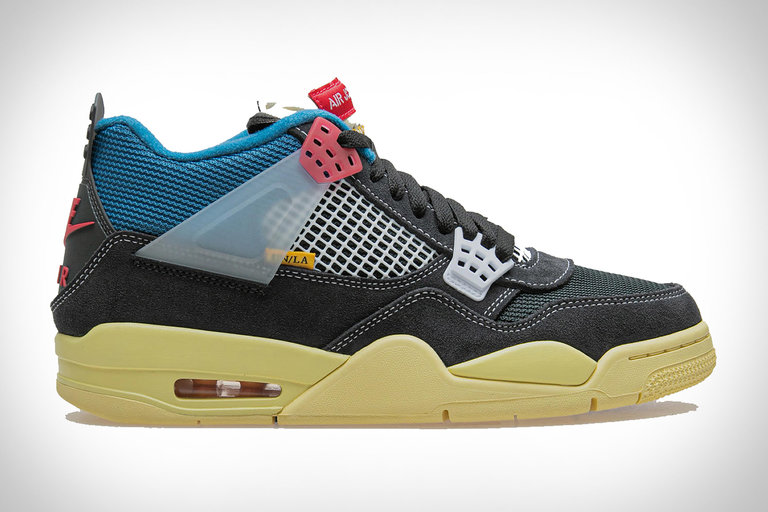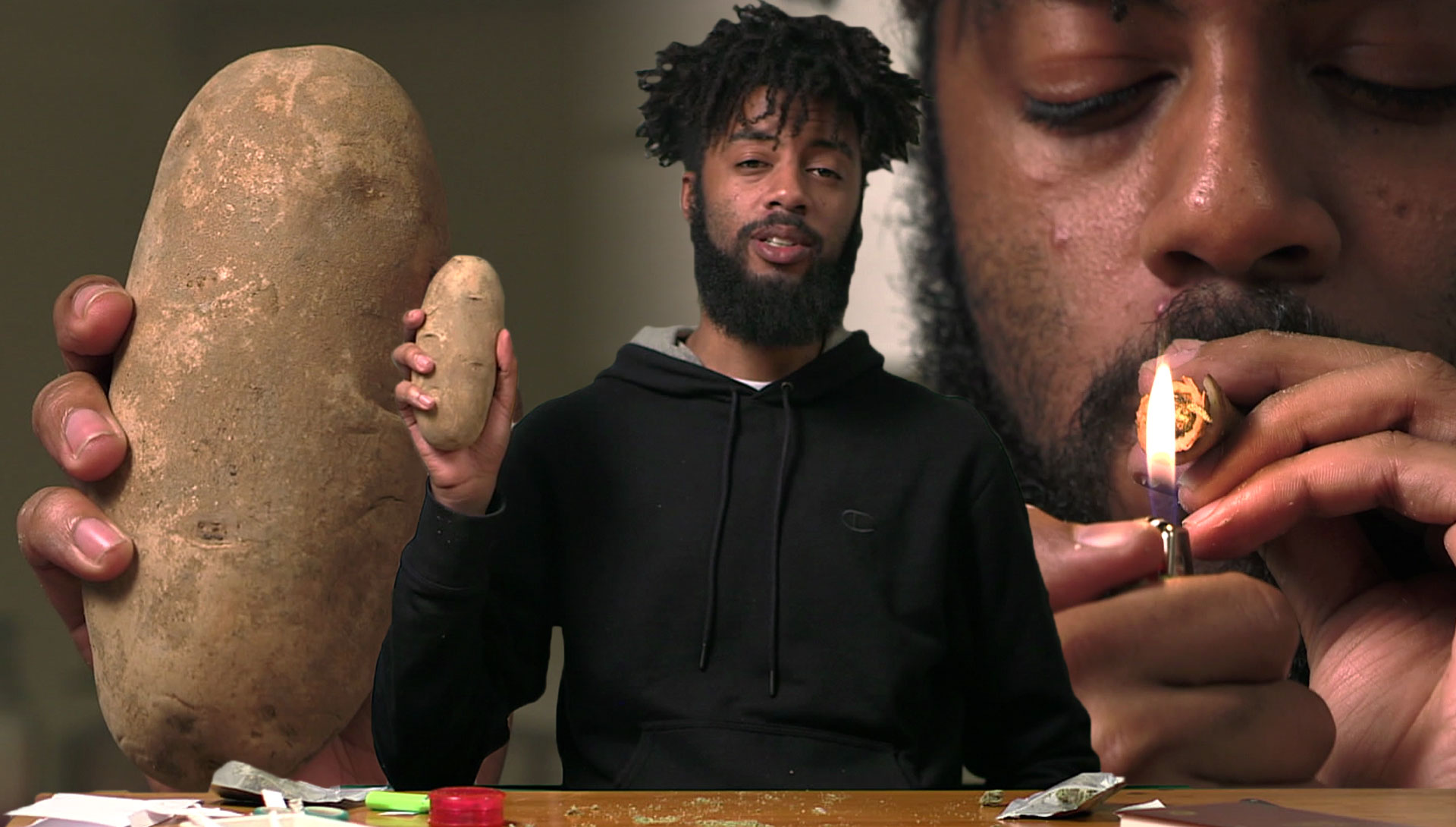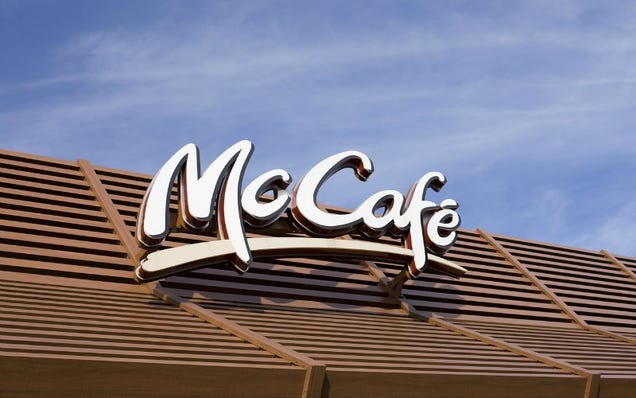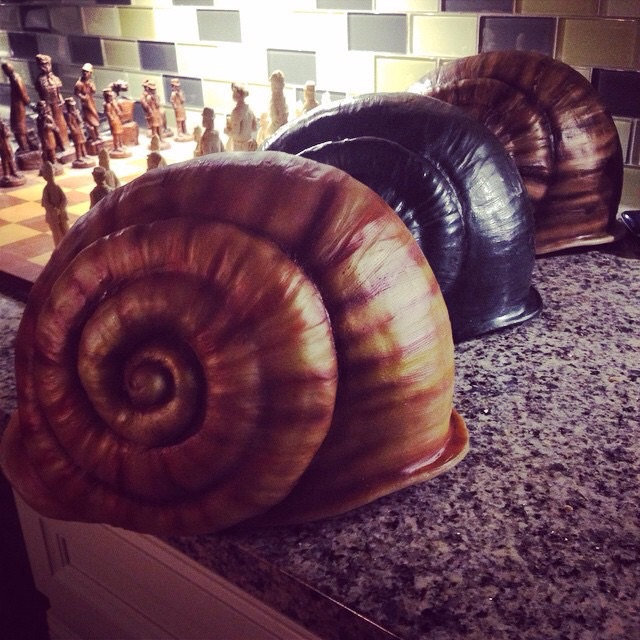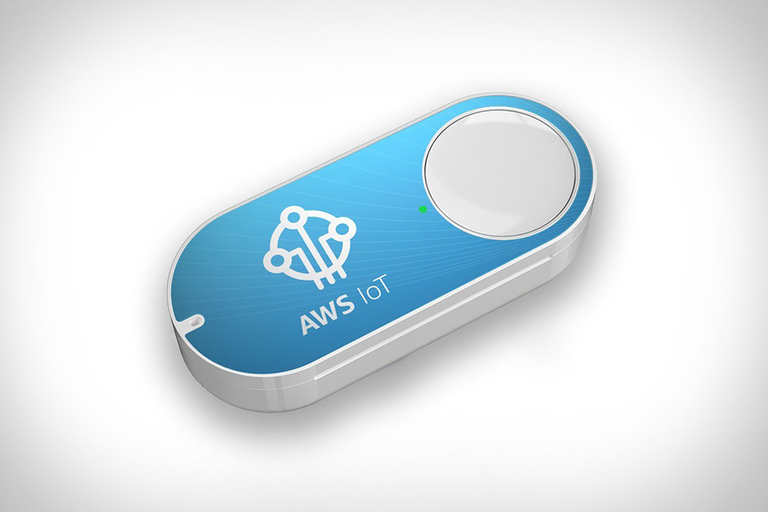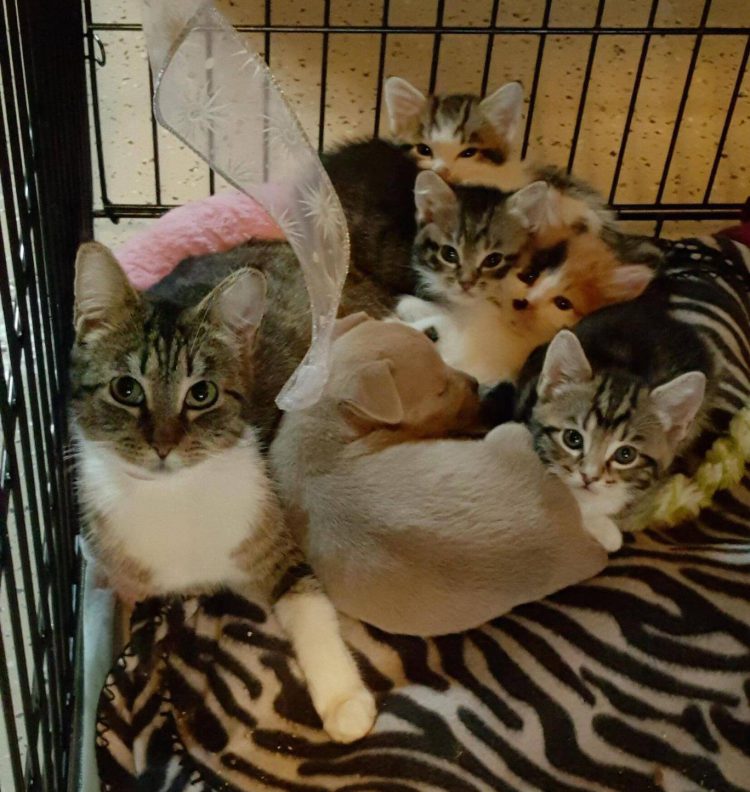Large grocery stores and retailers in the United States have joined a campaign to pull a coconut milk product made in Thailand from shelves in response to allegations from an animal welfare group that the manufacturer forced monkeys to work as pickers.
Leading U.S. chains Costco, Walgreens, and Wegmans among others became the latest retailers to drop Chaokoh coconut milk this month following an investigation by the People for the Ethical Treatment of Animals (PETA), which said terrified monkeys were made to scurry up trees and pull off coconuts in supplier farms.
They follow several prominent chains based in the United Kingdom who took the step earlier this year after the release of the report. The allegations and product pulls led to an announcement in July from the company that produces Chaokoh, Thailand-based Theppadungporn Coconut, that it had conducted an audit on farms and signed deals to ensure animal-free labor. But the assurances do not appear to have had an impact on the decisions of the U.S. chains.
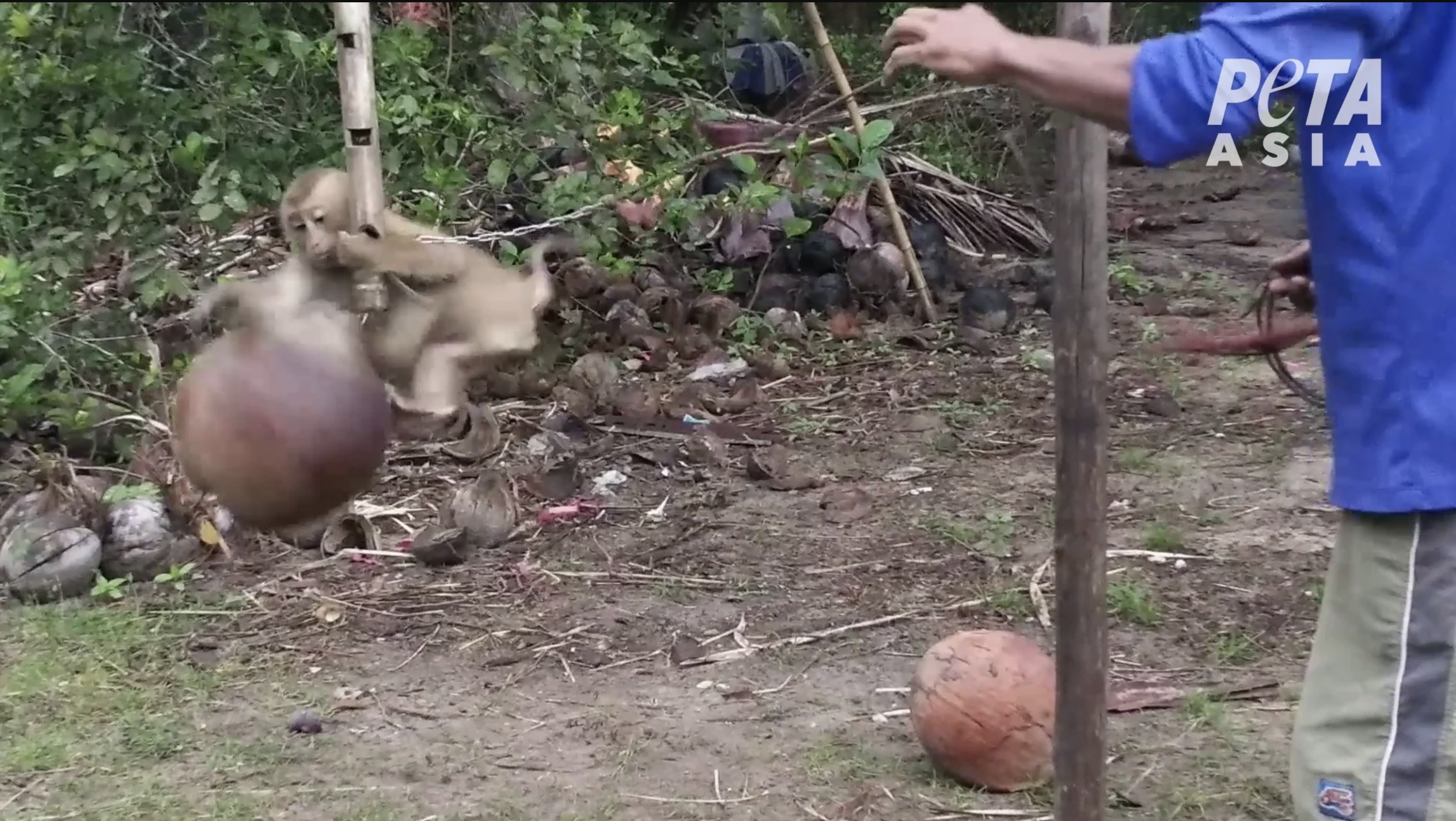
Coconuts and coconut milk are important products for the Southeast Asian country, which exported $396 million worth of coconut milk last year, according to Reuters. Responding to the growing dispute in July, Thai Commerce Minister Jurin Laksanawisit told reporters that using monkeys in the coconut industry is “almost non-existent.”
But PETA calls forced monkey labor an “open secret” in Thailand. Photos and videos released by the group show monkeys trapped in metal collars and chained to perform tasks such as twisting coconuts until they fall from the trees. The organization alleges monkeys were “abducted” from their families when they were young and trained to work in coconut farms. Those that fought back had teeth pulled out or were forced to perform in Thailand’s animal tourism industry, the group said.
“Thousands of wild monkeys have been captured, chained or caged, and forced to pick coconuts as fast as they can in Thailand,” PETA Asia’s Nirali Shah told VICE World News. “Major brands that sell products made from coconut milk may try to pretend that monkeys aren't being used by relying on intermediaries to give that impression, but one industry insider admitted that some farmers brazenly lie about using them.”
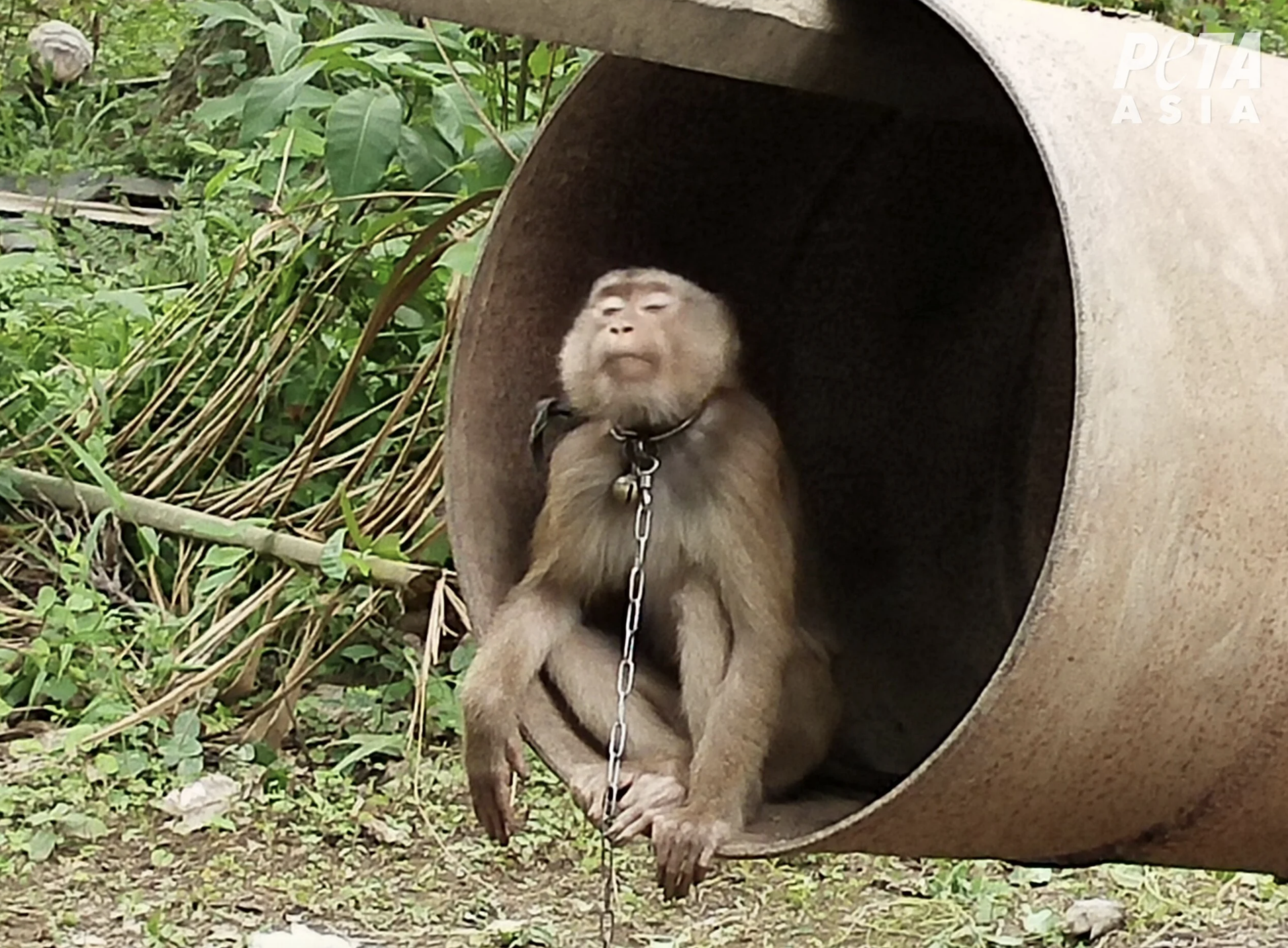
In a statement after U.K. chains first started pulling the Chaokoh brand, Theppadungporn Coconut said it had signed a memorandum of agreement with local suppliers not to use monkey labor and that farmers were using long poles or pruning sticks. It also invited diplomats and journalists to its factories.
"The company does not buy or support the use of all types of animal labor in harvesting product. Therefore, all coconuts from our suppliers must be harvested humanely with an animal-free method. All of our suppliers have agreed on the harvesting condition," manager director Aphisak Theppadungporn said.
The company cited a third-party audit certifying no use of monkeys to pick up coconuts in 64 out of more than 800 of its farms, though some inspections were delayed over coronavirus concerns. It did not return several requests for comment from VICE World News.
PETA dismissed the audit, saying random checks are pointless as the monkeys do not live on the farms themselves.
“The audit needs to include further evidence that no monkeys are being used beyond the auditors simply not observing monkeys at the farms,” Shah said. “PETA and every kind consumer look forward to seeing Theppadungporn Coconut push the coconut industry and the Thai government to end the use of monkey labor on coconut farms.”
